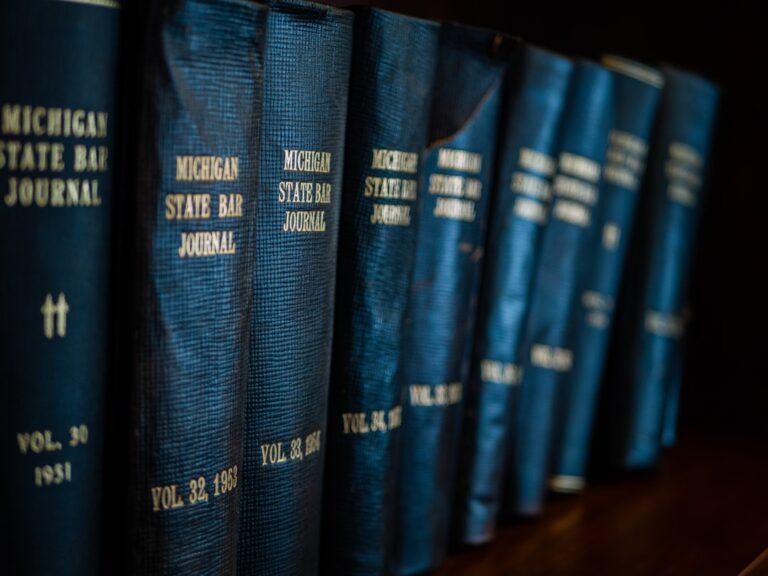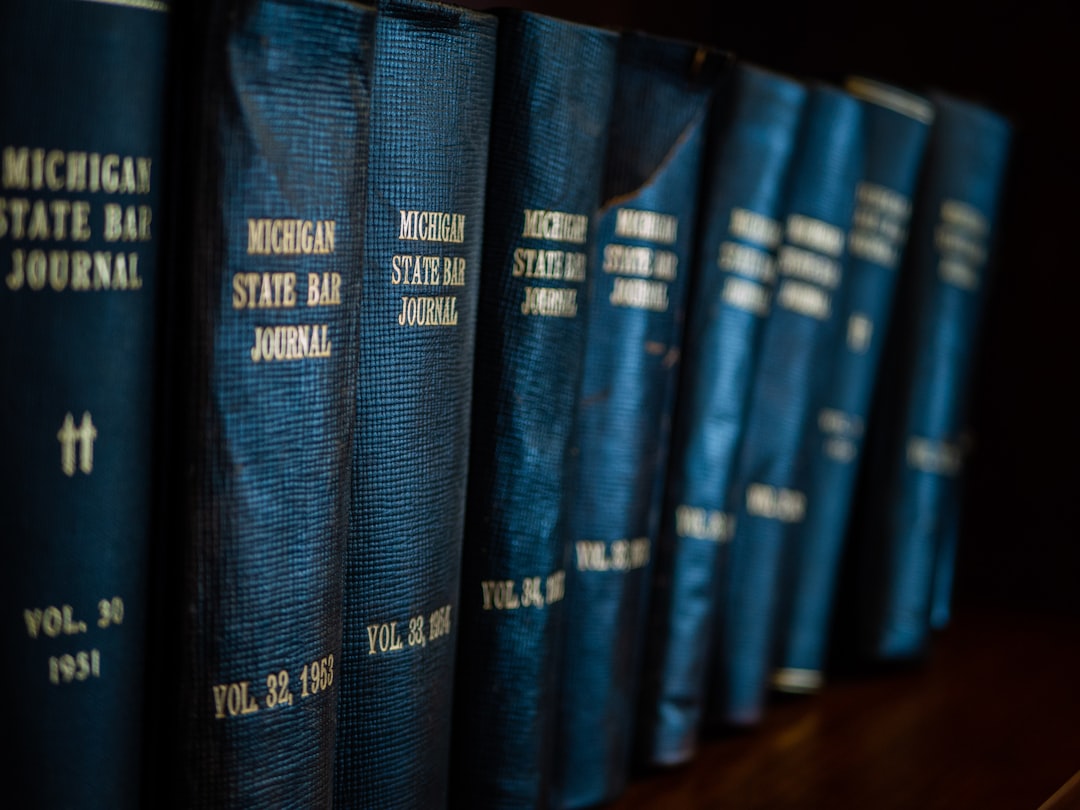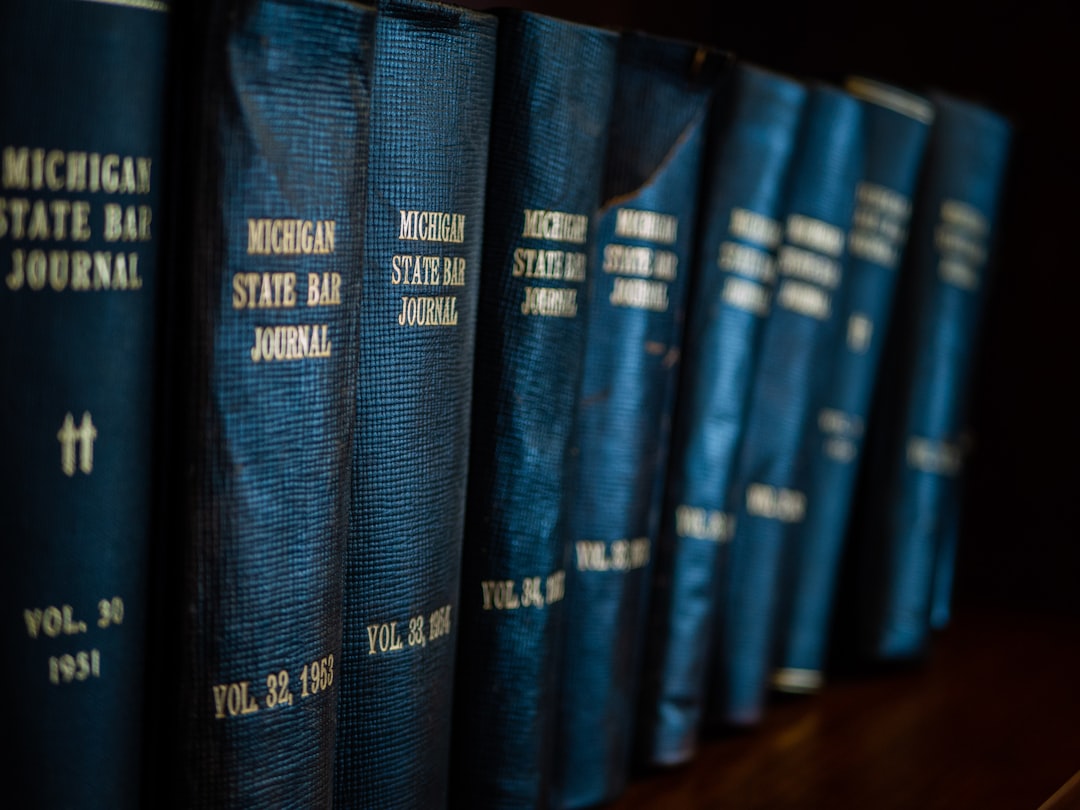In California, hospital sexual assault laws prioritize victim protection and justice. A hospital lawyer navigates complex regulations on consent, privacy, and reporting, ensuring fair outcomes through proper evidence collection and handling. Immediate action is crucial for victims; inform staff, collect evidence, and consult a hospital lawyer in California to protect rights and understand legal options, including potential civil lawsuits.
In California, understanding hospital sexual assault laws and evidence preservation protocols is crucial for victims seeking justice. This article guides you through these important aspects, highlighting the legal framework surrounding sexual assaults in hospitals and the significance of preserving evidence. Learn about your rights as a victim and discover practical steps to take immediately after an incident. Contacting a hospital lawyer in California is also explored as a vital step towards achieving resolution.
Understanding Hospital Sexual Assault Laws in California

In California, hospital sexual assault laws are designed to protect victims and ensure justice. If a patient alleges they were sexually assaulted while under care at a hospital, it’s crucial to understand the legal framework surrounding this sensitive issue. A hospital lawyer in California can guide both victims and accused through these complex laws, which cover various aspects including consent, privacy, and reporting requirements.
The state has strict guidelines for healthcare facilities, mandating prompt reporting of suspected sexual assault to local law enforcement. These laws aim to preserve evidence, protect patient rights, and facilitate investigations. A hospital lawyer can help navigate these procedures, ensuring that all evidence is properly collected and handled according to legal standards, ultimately leading to fair outcomes for all parties involved.
The Role of Evidence Preservation in Legal Cases

In legal cases involving hospital sexual assault, evidence preservation plays a pivotal role in ensuring justice. In California, where medical facilities are required to adhere to strict protocols and reporting standards, maintaining a comprehensive record of evidence is crucial for any subsequent legal proceedings. This includes physical evidence, such as clothing or bed sheets that may contain DNA or other trace elements, as well as digital records like surveillance footage, patient records, and any communication logs.
A hospital lawyer in California must be adept at navigating the intricacies of evidence preservation to protect and collect crucial data. Prompt action is essential—the faster evidence is secured, the more likely it remains admissible in court. This involves coordinating with medical staff, law enforcement, and legal teams to ensure that every piece of relevant information is preserved without tampering or loss, thereby strengthening the case against accused perpetrators.
What to Do If You're a Victim: Steps and Rights in California

If you’re a victim of sexual assault at a hospital in California, it’s crucial to take immediate action to preserve evidence and protect your rights. The first step is to inform the hospital staff right away; they are legally obligated to report such incidents and can provide essential documentation. It’s also vital to collect any physical evidence, such as clothing or bed sheets, which can be analyzed for DNA or other forensic evidence.
Consulting a hospital lawyer in California is highly recommended. They can guide you through the legal process, ensure your rights are protected, and help you navigate the complex system of reporting and preserving evidence. A qualified attorney will assist you in understanding your options, including the possibility of civil lawsuits against the responsible parties or the hospital itself for negligence or failure to protect patients.





